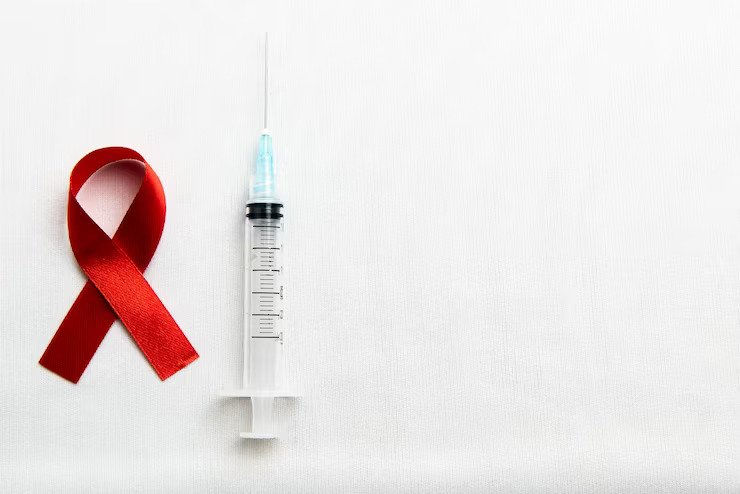Stem Cell Breakthrough : Cures Seventh HIV Patient
- medivisoroffice
- Jul 20, 2024
- 2 min read
In a groundbreaking announcement, doctors revealed that a seventh person has been effectively cured of HIV following a stem cell transplant nearly a decade ago. The patient, a 60-year-old German man, was also battling acute myeloid leukemia. He underwent a high-risk procedure to replace his diseased bone marrow in October 2015, according to a report from NYP.

The man discontinued his anti-retroviral medication, which prevents HIV from replicating, on September 21, and remains in viral remission and appears to be cancer-free. Reflecting on his progress, he remarked, "A healthy person has many wishes, a sick person only one."
Dr. Christian Gaebler, a physician-scientist at Charité-Universitätsmedizin Berlin, will present the case at the upcoming 25th International AIDS Conference. Gaebler expressed growing confidence in the possibility of eradicating all competent HIV in this case, given the prolonged remission without any HIV therapy. "The longer we see these HIV remissions without any HIV therapy, the more confidence we can get that we're probably seeing a case where we really have eradicated all competent HIV," he stated.
However, International AIDS Society President Sharon Lewin advised caution in using the term "cure" but acknowledged that being in remission for over five years suggests the patient is close to being considered cured.
This German man's case is unique because, unlike most other cured patients, he received stem cells from a donor with only a single copy of a genetic mutation that inhibits HIV replication, while also possessing a copy of the gene himself. This contrasts with the five out of six other patients who received stem cells from donors with two copies of the mutation. Approximately 1% of Caucasians possess two copies of the defective gene, while 10% to 18% of individuals with European heritage have a single copy, potentially expanding the donor pool.
Globally, around 39 million individuals live with HIV, the virus responsible for AIDS. Access to this treatment remains limited to those with both HIV and aggressive leukemia.

Comentários